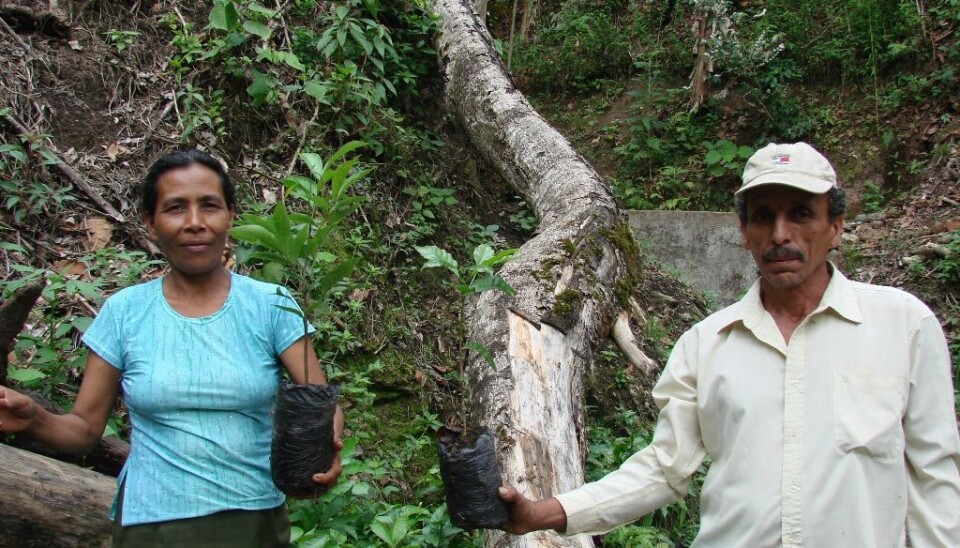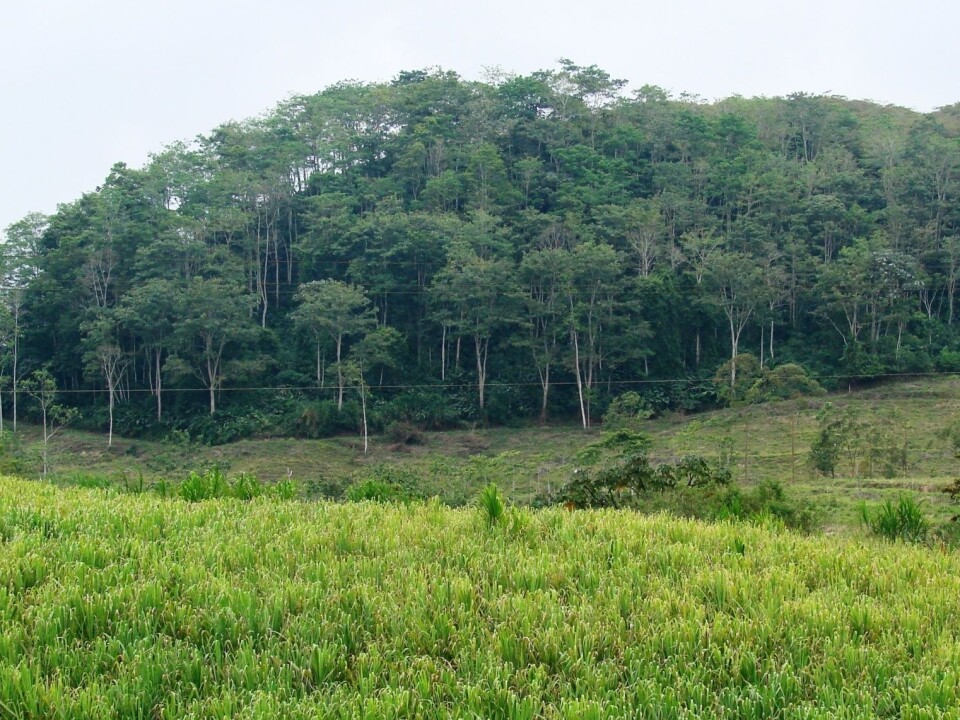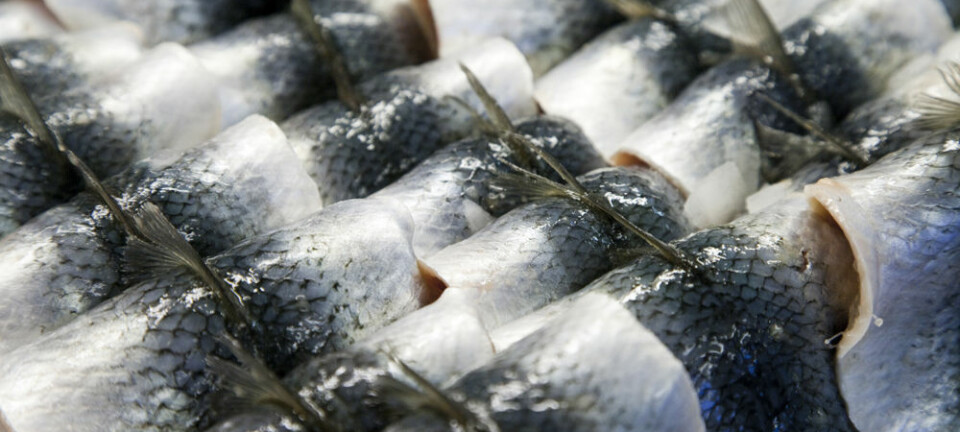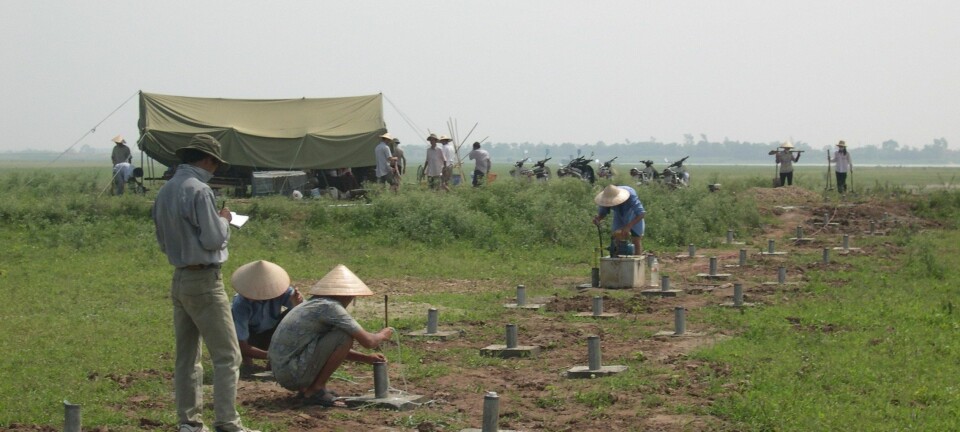
A cup of coffee with biodiversity and clean drinking water, please
OPINION: Sales of clean water, CO2 credits and the protection of biodiversity can benefit the environment and provide an extra income for farmers who grow coffee under the shade of trees.
Some 25 million families across the world rely on their income from coffee.
Many of them use shade-grown coffee systems where the coffee plants grow under various species of trees.
This method is associated with several environmental services, which are increasingly being sold locally and internationally.
This trade could entail a better life for the coffee farmers as well as a healthier environment.
Falling coffee prices bad for the environment

As part of my PhD studies, I spent 12 months in Costa Rica and Nicaragua, where I spoke to more than 500 families whose livelihood depends on coffee farming.
One of my findings was that in an area that links three national parks in Costa Rica, half of the coffee plantations have vanished over the past decade – replaced by agriculture without trees.
There are several reasons why shade-grown coffee is being converted into other forms of agriculture – including cultural reasons.
Insufficient funds for converting crops
In Costa Rica, the younger generations, in particular, prefer to work in urban rather than rural areas. But coffee prices remain the most important factor.
When the income from coffee goes down, the farmers switch to other crops and cut down the shade trees, which harms flora and fauna alike.
The farmers’ livelihoods are also under pressure, notably in Nicaragua, where farmers lack funding to convert to other crops.
Payments for environmental services
In recent years, a new way of managing and conserving the land has emerged in the tropical countries: paying landowners for environmental services.
Businesses and organisations that can make use of an environmental service such as clean water pay private landowners for having the service provided via the way the land is being managed.
In Costa Rica, landowners receive funding through a government programme for planting and protecting trees, also in agricultural systems.
Up to now, however, it’s been difficult for small farms, including many coffee farms, to participate in the programme.
Could increase participation of small farmers
The cost of entering into the agreements and overseeing the associated activities is too high, and that gives fewer environmental services per unit of currency, compared to agreements with large landowners.
In collaboration with the research institute CATIE in Costa Rica, I have examined how local organisations such as coffee cooperatives can take advantage of their local expertise and their social network to reduce the costs associated with negotiating contracts of payments for environmental services.
This could increase the participation of small landowners in this programme.
The findings from my PhD studies have also helped to promote the development of new payment contracts aimed at small coffee farms. This increases the chances for the smaller coffee farms of benefiting from the payment system, and thus protecting themselves as well as the environment.
International consumers can help
Today it’s possible for consumers across the world to buy certified coffee, which is produced organically or with consideration for the social conditions of the farmer, the farmer’s family and the coffee workers.
Environmental services will also become part of good coffee.
I imagine that one day it will be possible to buy coffee from farmers who participate in the trading of environmental services, either as a new brand or as part of an existing certification scheme.
This would further secure the farmers financially, while also benefiting the environment. Until then, we should of course all be buying organic, fairly traded or other kinds of certified coffee.
------------------------------
Read the Danish version of this article at videnskab.dk








